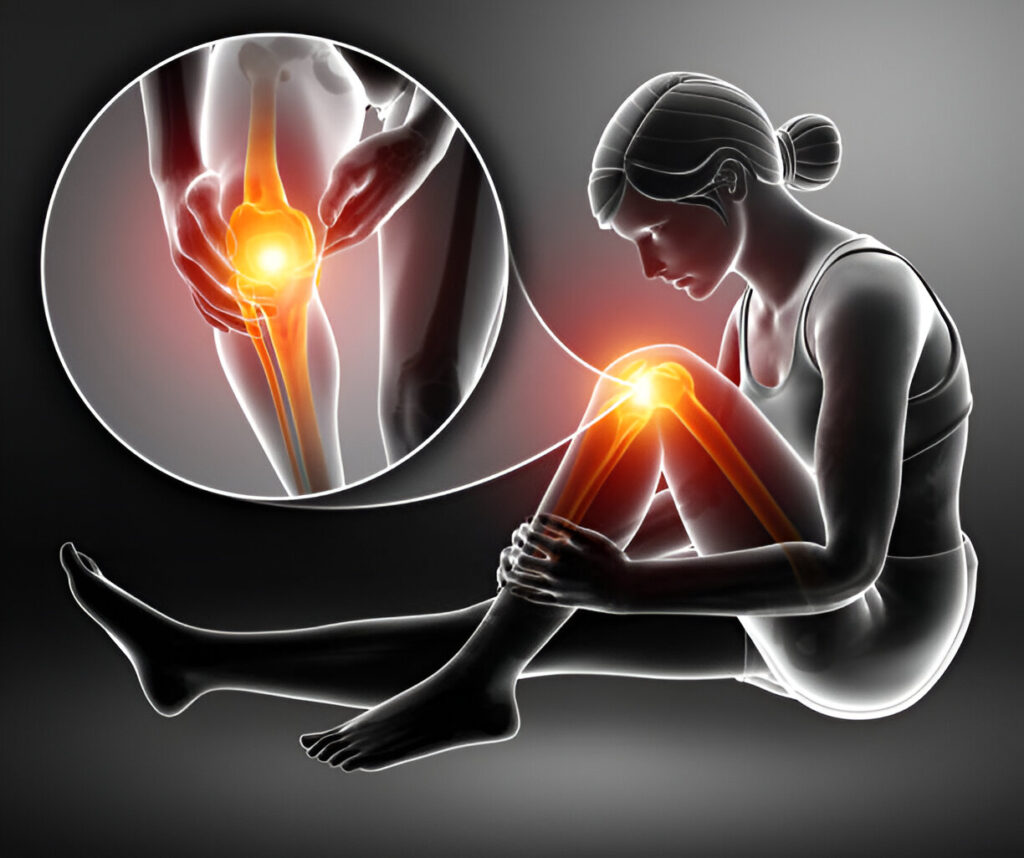Joint pain is a common experience that affects mobility and overall well-being. Occasional discomfort after physical activity or minor strain is normal, but persistent pain can signal a more serious issue. Recognizing when to seek medical attention is essential for maintaining joint health and preventing complications.
Well-known clinics, like orthosports associates, recommend monitoring joint discomfort carefully, especially when it does not improve with rest. Seeking timely medical care helps manage conditions effectively and ensure better joint function. Here are signs that indicate professional assessment may be necessary.
Pain That Persists Beyond the Expected Recovery Time
Short-term joint discomfort often improves with rest and basic care. However, if pain continues for more than two weeks without signs of improvement, an underlying condition may be present. Long-lasting discomfort can be linked to inflammatory disorders, degenerative conditions, or repetitive strain injuries.
Chronic pain that does not improve with self-care measures should not be ignored. Orthopedic specialists can assess the affected area and recommend the right course of action. Delaying medical evaluation may result in further complications, reducing joint function over time.
Noticeable Swelling, Redness, or Unusual Warmth
Swelling around a joint can indicate irritation, excessive fluid buildup, or an inflammatory response. Minor swelling after exercise or minor strain is normal, but prolonged inflammation may suggest an infection or an autoimmune condition. If redness and warmth accompany swelling, medical evaluation becomes even more important.
Unusual symptoms, such as persistent swelling that does not respond to ice or elevation, require professional attention. Infections affecting joints can cause significant complications if left untreated. An orthopedic doctor can determine whether medication, physical therapy, or other treatments are necessary to manage the issue effectively.
Restricted Movement or Joint Stiffness
Stiffness in the morning or after inactivity is common, but persistent difficulty moving a joint may indicate a larger problem. If normal movements become limited or painful, an underlying condition like arthritis or tendon damage could be responsible. Difficulty in performing daily activities due to stiffness should not be overlooked.
Restricted movement can affect the overall quality of life. Medical assessment helps identify the cause and suggests appropriate treatment options. Early intervention can improve flexibility and reduce discomfort, allowing for better joint function. As advised by a specialist, engaging in exercises or therapy may prevent further progression of stiffness-related conditions.
Signs of Structural Damage or Instability
Joints should provide stability during movement. A feeling of looseness, weakness, or instability suggests potential ligament or cartilage damage. A noticeable clicking, popping, or grinding sensation may indicate an internal issue, such as a torn ligament or worn-out cartilage.
Watch out for these signs:
- A popping sound at the time of injury, followed by swelling, may indicate ligament damage
- Grinding or locking sensations may suggest worn cartilage, which requires professional assessment
- Weakness in the joint, causing difficulty in bearing weight, should be evaluated for possible tendon or structural issues
Pain That Disrupts Sleep or Everyday Activities
Experiencing joint discomfort during daily tasks or at rest may indicate an underlying medical concern. Pain that interferes with sleep, work, or physical movement needs professional assessment. Prolonged discomfort can impact overall well-being, making timely intervention important.
A doctor can determine the cause and suggest effective treatment plans. Addressing the problem early can prevent worsening symptoms and help restore normal joint function. Orthopedic care can offer solutions ranging from medication to lifestyle adjustments, ensuring better long-term joint health.
Specialized Care for Stronger, Healthier Joints
Finding the right medical support is essential for managing joint pain effectively. Experienced specialists offer personalized treatment options, from non-invasive therapies to advanced procedures, ensuring the best approach for each individual. Reliable orthopedic care helps address issues like sports injuries, arthritis, and chronic discomfort, improving mobility and overall well-being. Exploring trusted resources can make a significant difference in long-term joint health.
Reliable clinics, such as the orthosports associates, highlight the importance of recognizing early signs that require medical attention. Persistent pain, swelling, stiffness, or instability may indicate an underlying condition that needs evaluation. Seeking timely medical care helps prevent further complications and supports overall joint function, allowing individuals to maintain an active and pain-free lifestyle.



